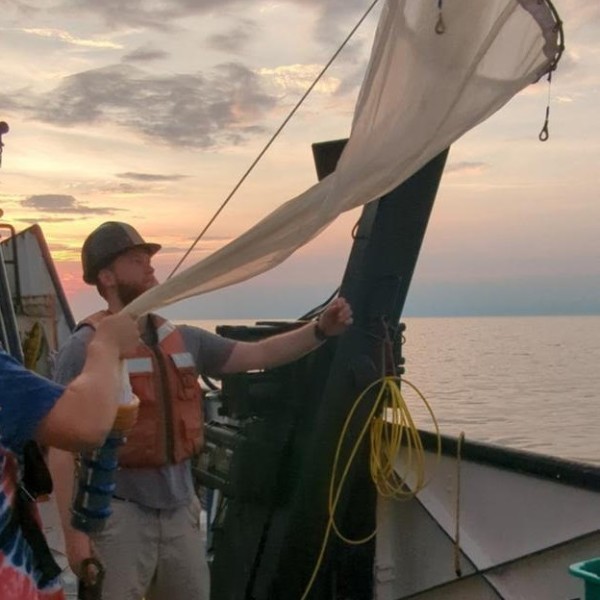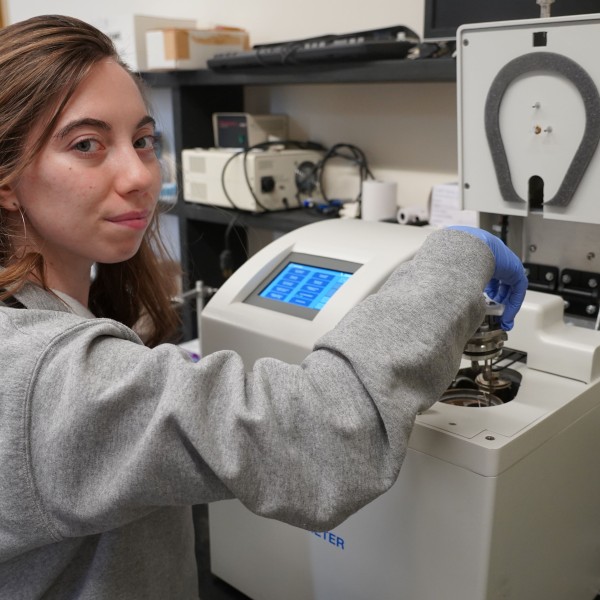In a new study, Cornell researchers have determined that a hemp plant’s propensity to “go hot” – become too high in THC – is determined by genetics, not as a stress response to growing conditions, contrary to popular belief.
“Often that issue of going hot has been blamed on environment,” said Larry Smart, senior author of the study and professor in the horticulture section of the School of Integrative Plant Science.
“[People thought] there was something about how the farmer grew the plant, something about the soil, the weather got too hot, his field was droughted, something went wrong with the growing conditions,” Smart said. “But our evidence from this paper is that fields go hot because of genetics, not because of environmental conditions.”
The study, “Development and Validation of Genetic Markers for Sex and Cannabinoid Chemotype in Cannabis Sativa L” was published Jan. 10 in Global Change Biology-Bioenergy.
Smart and his team conducted field trials at two sites, in Ithaca and Geneva, New York, studying the genetics and chemistry of 217 hemp plants. They found that differences in growing conditions between the sites had no significant influence on which chemicals the plants produced. But when they compared the CBD (cannabidiol) and THC levels of each of the plants against their genomes, they found very high correlation between their genetics and the chemicals they produced.
Hemp and cannabis are both of the family Cannabis sativa, but hemp plants produce low levels of THC (0.3% or less), whereas cannabis plants typically contain 5% to 20% THC. Hemp has high levels of the medically useful chemical CBD, while high-THC cannabis contains minimal CBD.
Jacob Toth, first author of the paper and a doctoral student in Smart’s lab, developed a molecular diagnostic to demonstrate that the hemp plants in the study fell into one of three genetic categories: plants with two THC-producing genes; plants with two CBD-producing genes; or plants with one gene each for CBD and THC.
To minimize the risk of plants going hot, hemp growers ideally want plants with two CBD-producing genes.






